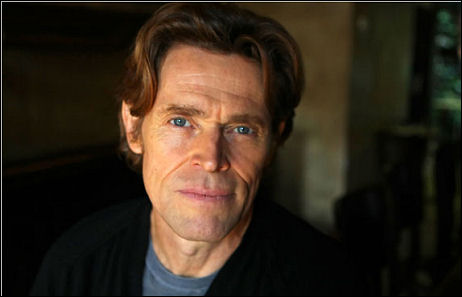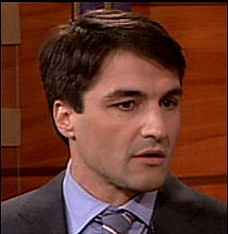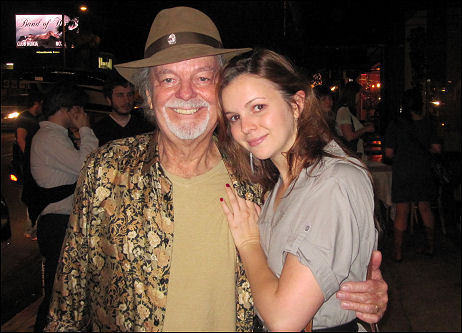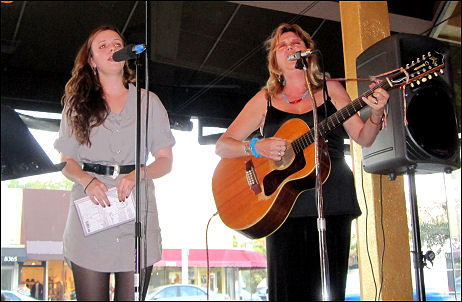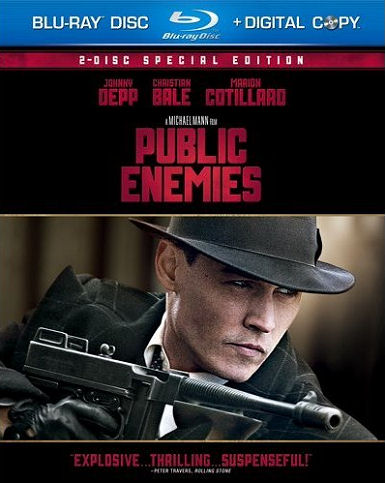David Carr‘s decision to retire from his N.Y. Times Oscar-beat “Carpetbagger” column, announced on 10.21, threw me somewhat. I’m sure his replacement, Melena Ryzik, will perform brilliantly once the change-over happens on 12.1, but I like Carr and his writing alot and didn’t want to see him go.
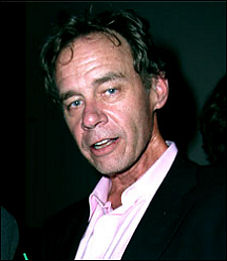

(l.) David Carr; (r.) Melena Ryzik.
I finally got around to saying this in a note sent this morning. “So David, your strategy is to lower your profile,” I said, “and not continue to do the one thing that aside from your book has put you on the map as a personality/celebrity/character of considerable acclaim? Why? This whole thing floors me. What ‘s the real thinking behind this?”
Carr replied an hour or so later: “If you read the news, I think you know the media story has hit a critical inflection point. Carpetbagger may be that ‘one thing’ in the hothouse of Hollywood, but we all contain multitudes and I think that working as a media columnist and blogger for a national newspaper is a pretty big deal.
“I made the hand-off this year, which I always thought would happen at some point, because now would not be a good time to have my attention divided. I am moving toward the story that matters most to me and my employer accommodated with enabling a very graceful handoff to Melena. I made my desires known and we all agreed that she was the natural, easy choice.
“Melena is the Carpetbagger in blog and in video, and she will be smashing — mark my word. And Paula Schwartz will be the Baguette, as she has always been, working to help cover what ia a very big waterfront. She knows the territory, works the carpet and the phone like nobody’s business, and will be invaluable to Melena and the blog.
“As you may also have noticed, I have not lost my interest in popular culture. Last Sunday, I did Amelia and the new record from The Swell Season. I have two other movie stories in the works and will be reading the Bagger like everyone else. But most of my reporting will be spent on the media story, new and old, digital and not, and all of my blogging will be going into Media Decoder, which is a very big deal to us at a critical time on a story where we think we have a significant competitive advantage.
“I love movies, I love the Oscars, I love all my fake movie-star friends, and I really enjoy the people on the beat, especially my fellow bloggers. But spending the next five months trying to decipher the new math of 10 nominations, which I think is a fascinating story, would pull me out of the narrative on media matters at the precise time I should be paying the most attention. That story is happening right now at a velocity that will put us all to the test.
“I might write something here and there about the Oscars in the paper and am angling to attend the Oscars because I’ve never been other than the press room, but I’m on media, 24-7. All good things must end, even if you and others think its silly to walk away.
To which I replied: “Of course you’re on it. Of course you haven’t lost your interest in popular culture. And of course your filings rule. I was just lamenting your having forfeited the Carpetbagger handle. It’s really a thing of honor and lustre in my book, and it’s taken years to build it up to that level. And it was just a little bit of a ‘whoa…he’s throwing that hard-won identity away?’
“We all contain multitudes, I suppose (some perhaps more than others), and there’s no disputing that your Media Decoder stuff and general reporting has always been and always will be first-rate, but I’ll miss you in the Carpetbagger context. You lent a touch of class, erudition, seasoned judgment, distinction, etc.”
Carr then reminded “it was Michael Cieply who came up with the Carbetbagger handle, so it’s not like I own the concept. As Jack Nicholson would say, I just showed up and worked the uniform.”



